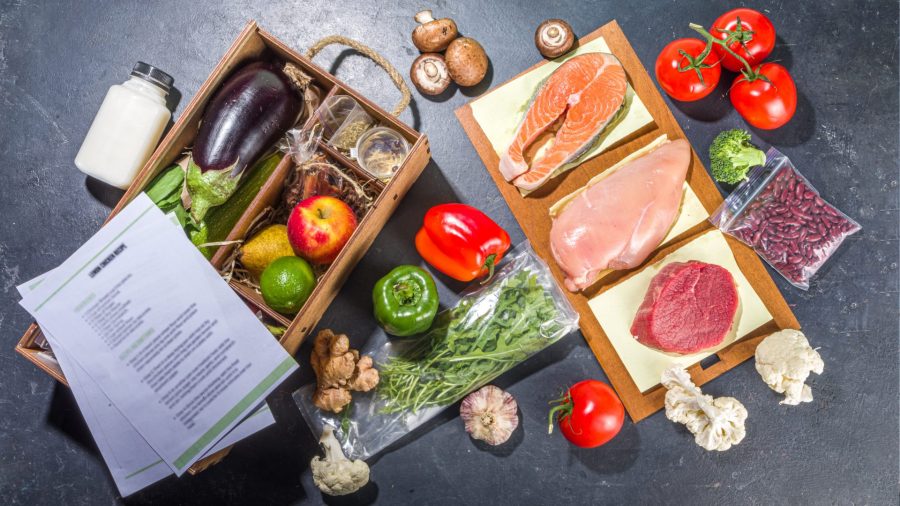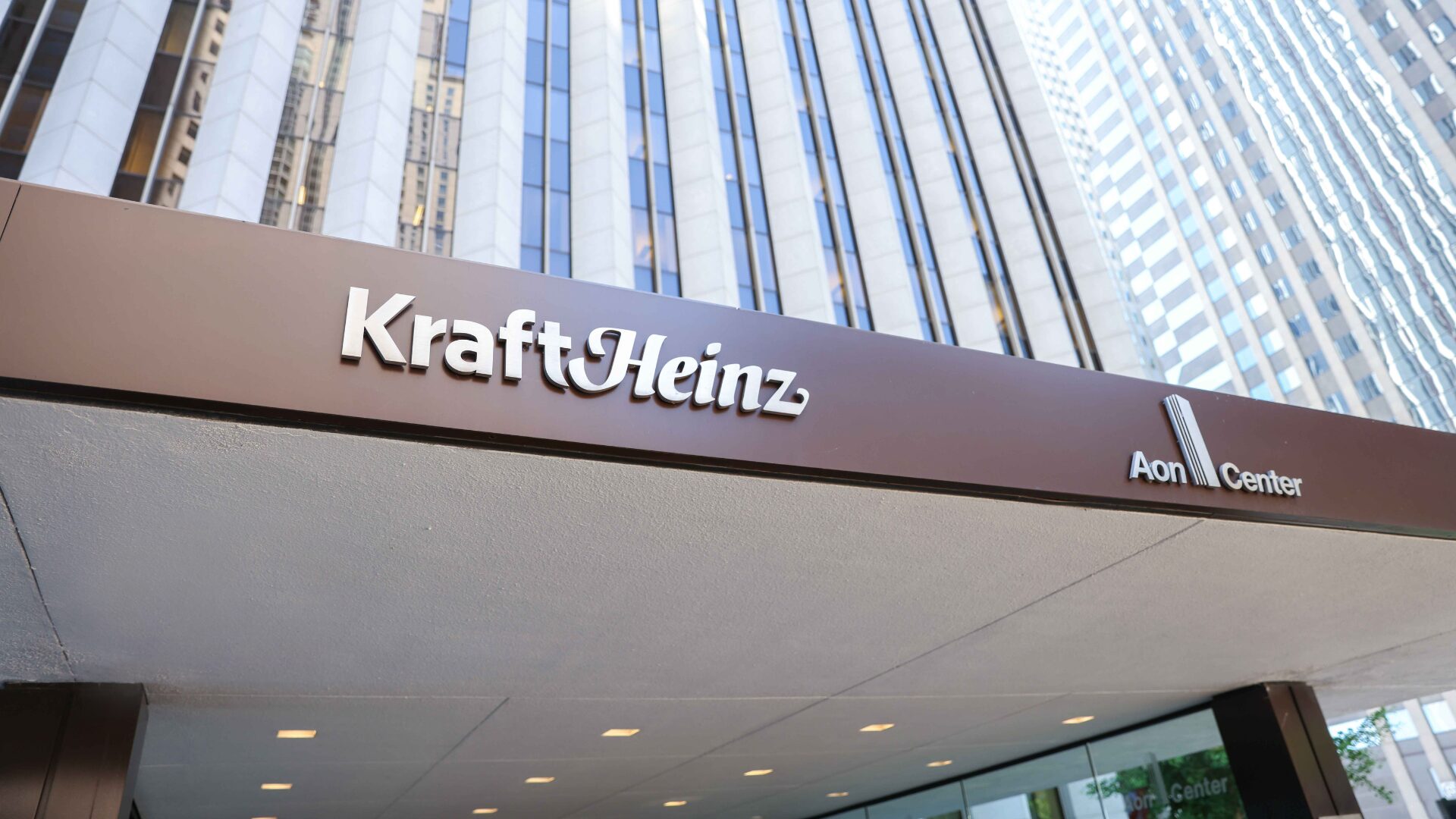Meal kits are at a crossroads.
Despite strong sales earlier in the pandemic, customers have dropped meal kits in droves as restrictions ease, while soaring food and logistics costs squeeze margins.
In December, HelloFresh released 2022 forecasts below analysts’ estimates, and the stock has since dropped about 50 percent. Blue Apron’s stock price, suffering from the same poor market dynamics as Hello Fresh, dropped a similar amount over the same period.
Blue Apron investors were further put off by the company’s recent announcement that it signed an agreement for an additional $5 million private placement investment by RJB Partners LLC, on the heels of a previous private placement and backstop investment made by the firm in November 2021. (Pulse 2.0, Feb. 14)
Plated, which was acquired by supermarket giant Albertsons in 2017, was temporarily pulled from the market while the grocery chain figured out how to position its pre-packaged meals so they’d sell better. (Fast Company, Feb. 15)
“Unit economics are – of course – the biggest challenge,” Gary Gebenlian, principal at Treacy & Company, told The Food Institute. “Customer acquisition cost is high, and the customer’s lifetime value doesn’t always pay off the acquisition cost, especially given customer churn in this industry. For example, it’s not uncommon for a consumer to bite on a “three meals free” kind of subscription – only to cancel a few months later when it becomes a recurring line item in their budget.”
Market Outlook
Despite market challenges, the industry still has legs. In 2021, it was a $6.9 billion industry in the U.S. and is projected to grow to more than $10 billion by 2024, according to Statista.
“Consolidation is likely, but I would think of it not just as consolidation of a meal kit, but partnership/consolidation with delivery or other means,” Gebenlian said. “The competition is not just other meal delivery kits – it’s all the other competitors in the food space. This includes the various delivery services, an increase of ready-to-eat in grocery stores, etc. There is an opportunity to win in the space, but it may not necessarily be a pure-play meal kit model.”
It may be something like Season Health, which happens to be run by former Plated CEO Josh Hix.
Season Health
Season Health works with dietitians to develop meal plans, replete with recipes, aimed at helping patients manage and hopefully reverse the course of their disease. Once the meal plan is designed, Season coordinates food delivery to patients through its partnerships with grocers.
The first two diseases the company is starting with are diabetes and chronic kidney disease, but Hix plans to expand to other areas like maternity health, heart health, and cancer. To date, the company has raised $11 million in funding. (Fast Company, Feb. 15)











